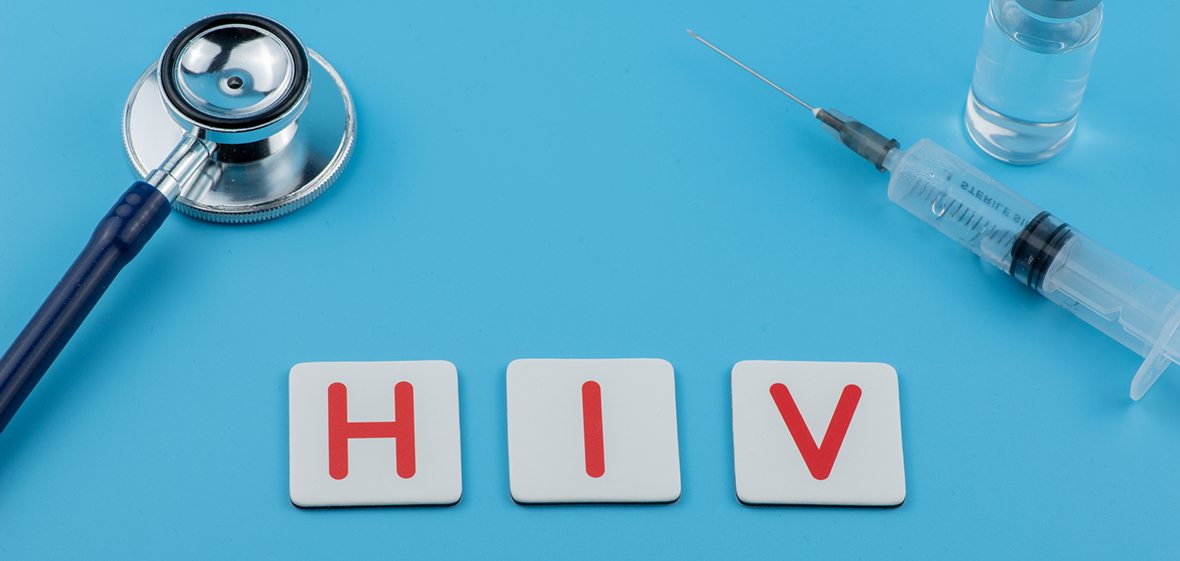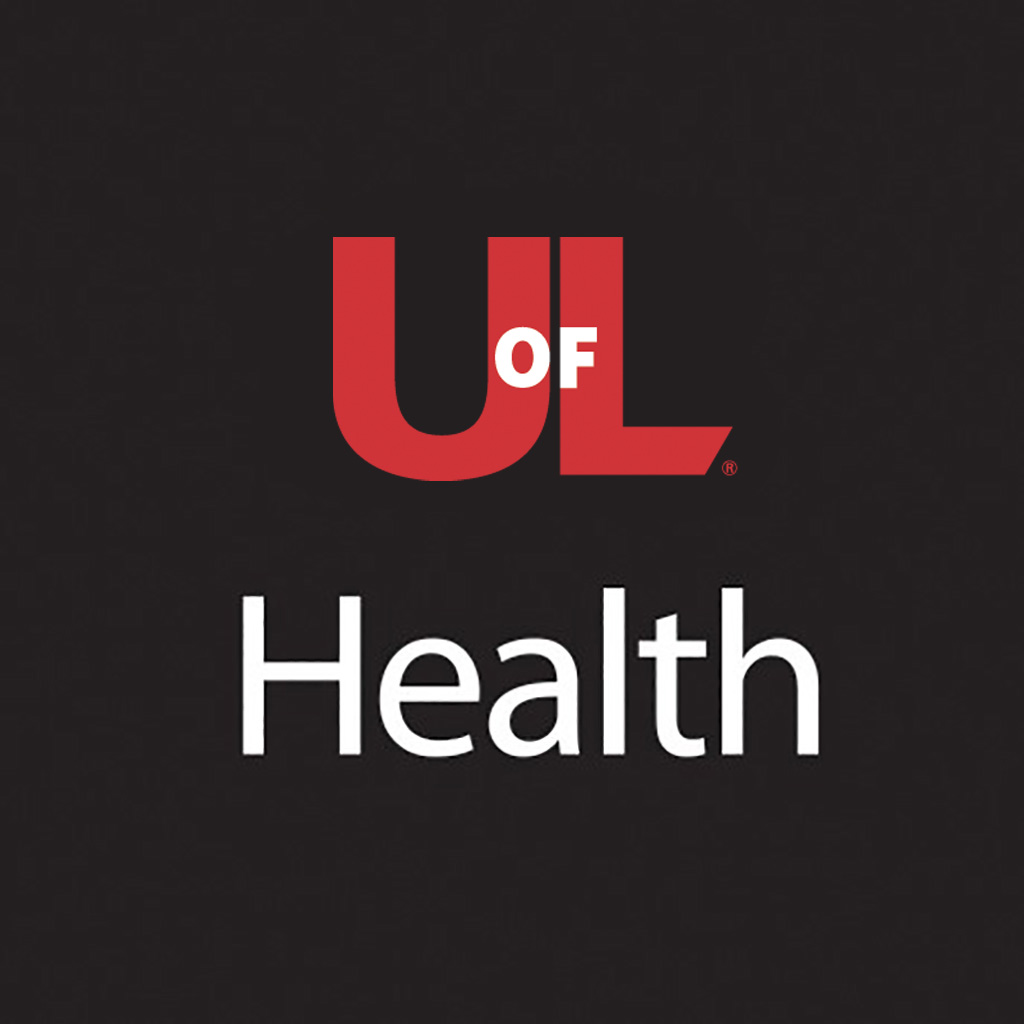
Recent headlines have made many of us aware that HIV is still a disease that impacts the lives of people in our communities. It is a disease for which we still have no cure and one that needs to be talked about so people can be properly educated.
The Centers for Disease Control and Prevention (CDC) estimates that 1.2 million people in the U.S. are living with HIV and that number increases by more than 35,000 each year.
Unfortunately, it is often a silent disease and many people do not know they are infected (one in seven). That makes testing for it a vital component to the care of individuals and our community as a whole.
June 27 is National HIV Testing Day. It is a day to think about whether it can be an important health decision for you to see if you could be infected. If seeking out a test today is not an option, we encourage you to use National HIV Testing Day as a day to make an appointment with your health care provider to find a time to talk about HIV, learn more about it and be tested.
HIV is spread through contact with blood or some body fluids. This can occur through sexual contact or by sharing drug injection equipment. It is not spread by casual contact such as shaking hands or hugging.
The CDC recommends that everyone between the ages of 13-64 be tested at least once and high-risk groups be tested more frequently. High-risk groups include those who inject drugs, those with more than one sex partner, those who have had another sexually transmitted disease or those who have been sexually assaulted.
The most common test for HIV is performed using a sample of blood or oral fluid. If you would like to be tested, please call UofL Health – UofL Physicians at 502-588-4343 to find a physician. You can also visit the CDC website and enter your zip code to get a list of testing sites near you. Another option is to contact your local health department to find free testing sites in your area.
If you think that you could have been infected with HIV, testing should not be put off. Testing is the first step in receiving health care assistance. Preventing HIV is so important, so practice safe sex using barrier precautions and avoid sharing needles or any devices that come in contact with blood. Practicing less risky behaviors can help you prevent HIV infections.









